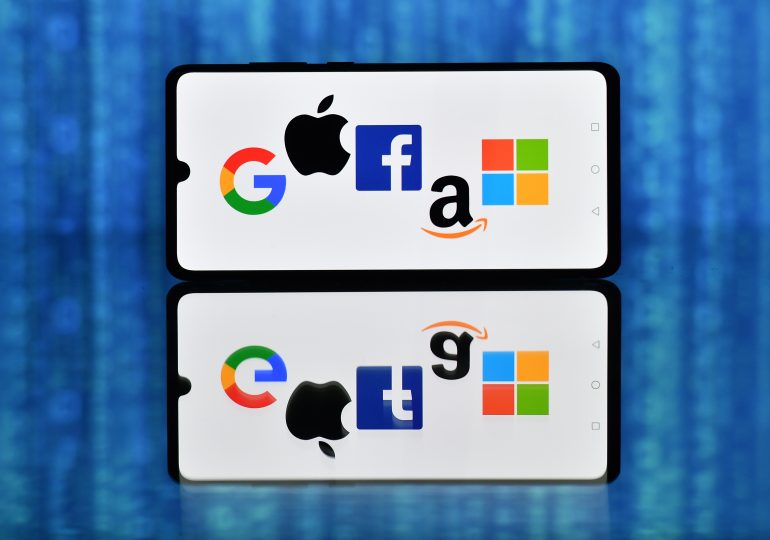
Now that Republicans control the House of Representatives, they’re preparing to grill technology giants over accusations of content censorship. The Wall Street Journal has learned that House Judiciary Chairman Jim Jordan has subpoenaed the CEOs of Alphabet, Amazon, Apple, Meta and Microsoft for information on their content moderation methods. The leaders have until March 23rd to provide any communications between them and the federal government’s executive branch on the subject.
Jordan’s panel wants to know “how and to what extent” the federal government allegedly pressured and coordinated with companies to censor content. The requests include details about people responsible for shaping moderation policies as well as those who’ve talked to the executive branch. Like numerous Republican politicians, Jordan has long maintained that major tech companies censor conservative views under the guise of curbing hate speech and misinformation.
The representative notably didn’t subpoena Twitter, which he likely feels is more supportive of right-wing views with Elon Musk at the helm. The social network recently reinstated Donald Trump’s account (still inactive), and has been sharing internal “Twitter Files” that covered the company’s sharing limits on a New York Post story on Hunter Biden as well as the decision to ban Trump following the January 6th, 2021 attack on the Capitol. While right-wing figures have portrayed the disclosure as proof of anti-conservative censorship, critics have argued the documents don’t offer substantially new details, don’t provide evidence of conspiracy and were given only to writers likely to share Musk’s views.
We’ve asked the five companies for comment. Microsoft confirmed the request in a statement to Engadget, noting that it’s providing documents and plans to work in “good faith” with the committee. The firms have repeatedly denied allegations of bias and insist that they’re only trying to remove falsehoods and other harmful material.
Whether or not the House panel can take action is another matter. Attempts to prove an anti-conservative bias have failed so far, with multiple studies showing no evidence of these leanings. There’s also evidence that platforms like Facebook made exemptions for right-wing content that violated misinformation policies, fearing a backlash if they enforced their rules consistently.
All products recommended by Engadget are selected by our editorial team, independent of our parent company. Some of our stories include affiliate links. If you buy something through one of these links, we may earn an affiliate commission. All prices are correct at the time of publishing.









